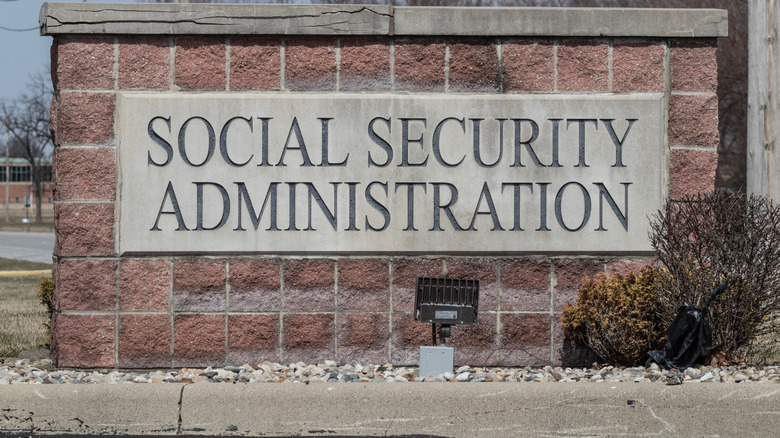What Happens To Your Social Security If You Sell Your Home In Retirement
Many Americans worry about actions they might take that could reduce or even stop their Social Security benefits. An area where great concern exists is the subject of selling a home while retired. Retirees often wonder if a one-time asset gain from the sale of their home will impact their benefit payouts.
The answer to this question is a relief for many retirees but not all of them. In the majority of cases selling a home will not change their benefit payments. The Social Security Administration (SSA) states that eligibility to obtain standard Social Security retirement and survivor benefits does not include any limits on assets or even income. Where retirees choose to live also will not affect the benefits that they receive.
There are caveats to this rule, howver. While selling a house in retirement will not create benefit ineligibility, it might cause retirees to have to pay taxes on Social Security. Standard retirement benefits and Social Security Disability (SSDI) may not be impacted by the home sale, but Supplemental Security Income (SSI) benefits could face consequences over it.
Most Social Security benefits are not usually impacted by selling your home
Standard Social Security retirement benefits will not be penalized for a home sale by the Social Security Administration. In fact neither home sales nor other realized capital gains count as a part of what the SSA refers to as the "earnings test." This earnings test is important for benefit determination as well as other retirement considerations.
The SSA rules that it can reduce benefits temporarily for those workers claiming their Social Security benefits who sell a home under particular conditions though. According to their SSA website, this retirement earnings test is applicable for individuals who are below what the SSA calls the normal retirement age. If early retirees have earnings that surpass a particular amount set each year, Social Security will withhold benefits. The benefits are not lost in this case of early retirement but are merely delayed. After Americans reach their normal retirement age, these deferred benefits would permanently increase to catch up for the months where payouts were reduced.
A second category of benefits called Social Security Disability Insurance has its own set of rules. Nearly two million retirees over the age of 65 collect these SSDI payments. They can lose their eligibility by returning to work or if they attain the full retirement age. Eligibility to receive the payments is not impacted by selling a house.
Supplemental Security Income benefits could be in danger if you sell a home
The last category of Social Security benefits, known as Supplemental Security Income, is another story entirely. SSA states that around 4.88 million people get these SSI benefits. Beyond this number of people, 2.52 million American retirees receive both regular Social Security and SSI benefits.
The retirees collecting SSI benefits could have a problem from selling their home. SSI is determined based on needs rather than earnings history unlike the other two categories of Social Security. The SSA reserves SSI for those who are most vulnerable, including children, adults, disabled people, and seniors.
Per the GoBankingRate interview with Disability Attorneys of Michigan, the SSI rules state that selling a house could create too much income to stay eligible for both Medicaid and SSI benefits. Once beneficiaries of the SSI program sell their property, they have a three month window in which to purchase another home. If their net gain after the property purchase is under $2,000, they keep the benefits. Should they not purchase another house or make more than the $2k net gain on the new home transaction, they forfeit eligibility each month in which their cash is greater than the allowed threshold. The SSA does give SSI recipients 12 months after obtaining these assets to spend them down so that they can reapply to get benefits reinstated.


